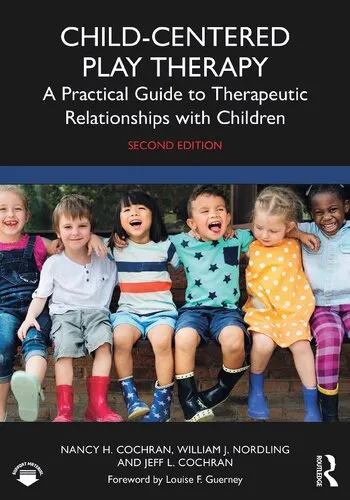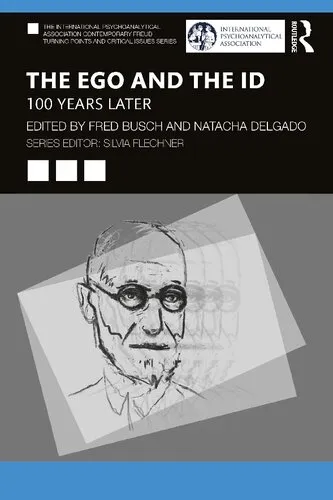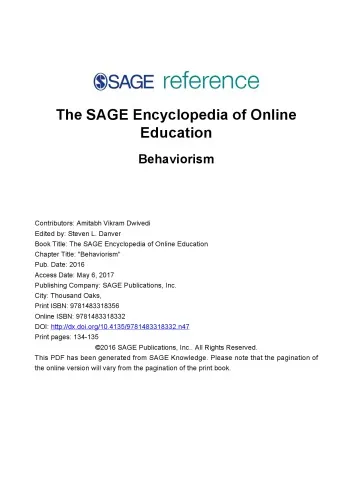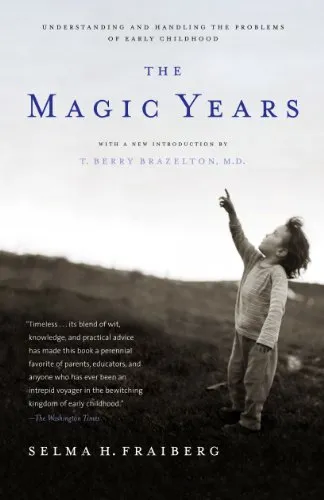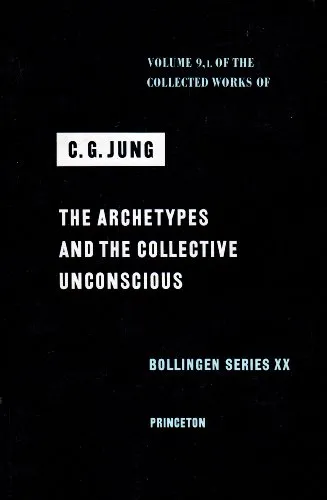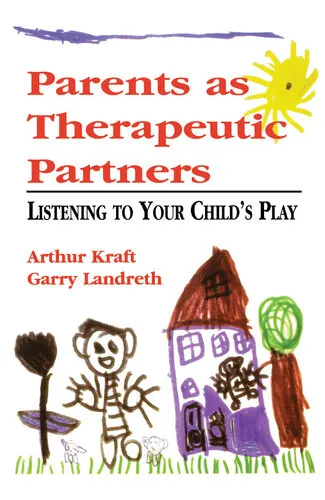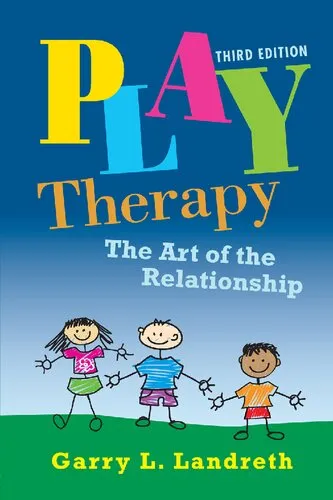Child-Centered Play Therapy: A Practical Guide to Therapeutic Relationships with Children
4.8
Reviews from our users

You Can Ask your questions from this book's AI after Login
Each download or ask from book AI costs 2 points. To earn more free points, please visit the Points Guide Page and complete some valuable actions.Related Refrences:
Introduction to "Child-Centered Play Therapy: A Practical Guide to Therapeutic Relationships with Children"
Written by Nancy H. Cochran, William J. Nordling, and Jeff L. Cochran, "Child-Centered Play Therapy: A Practical Guide to Therapeutic Relationships with Children" is a comprehensive examination of the fundamentals, practices, and transformative power of Child-Centered Play Therapy (CCPT). This book serves as both a guiding light for professionals entering the field of child therapy and a valuable resource for seasoned practitioners seeking a deeper understanding of this widely respected therapeutic approach. Rooted in the philosophy that children possess innate abilities to process and overcome their challenges, the authors invite readers to embrace the principles of trust, respect, and the value of the therapeutic relationship.
Detailed Summary of the Book
At its core, Child-Centered Play Therapy introduces readers to the fundamental principle that children have an innate ability to heal and grow when provided with the appropriate therapeutic environment. The text begins by exploring the theoretical underpinnings of CCPT, which are grounded in the person-centered philosophies of Carl Rogers and Virginia Axline. By shifting the focus from intervention to connection, the authors emphasize building a secure therapeutic relationship where children feel empowered to express and explore their emotions through play.
The book moves through practical guidance for implementing CCPT, covering essential topics such as setting up the playroom, selecting toys, and navigating the therapeutic process. Core therapist skills, including active listening, empathic responding, and non-directive play, are detailed with examples to bridge theory and practice. Importantly, the authors also confront real-world challenges, such as working with involuntary clients or navigating cultural differences, offering strategies to ensure inclusivity and respect.
By presenting case examples, session transcripts, and reflections from therapists, the book equips readers to approach challenging situations with competence and confidence. Whether managing a child's aggressive behaviors or exploring deep feelings of sadness, the text provides a compassionate roadmap for supporting children in emotional difficulty. Throughout, the authors emphasize the importance of therapist self-awareness and growth as key components of successful CCPT practice.
Key Takeaways
- CCPT is built on a foundation of respect for the child as the expert on their own experiences.
- Play is a natural language for children, offering them the means to process emotions and communicate their inner worlds.
- The relationship between therapist and child is central to creating a safe and effective therapeutic environment.
- Non-directive and empathic listening techniques are crucial tools to help foster healing and growth.
- CCPT practitioners need to develop self-awareness and cultural sensitivity to honor the unique needs of every child.
Famous Quotes from the Book
"Children are resilient when given the opportunity to explore their feelings, thoughts, and experiences in a compassionate and judgment-free space."
"Trusting the natural processes within the child allows the therapeutic relationship to become a source of profound transformation."
"The role of the therapist is not to direct the child but to walk alongside them as a trusted partner on their journey."
Why This Book Matters
Child-Centered Play Therapy: A Practical Guide to Therapeutic Relationships with Children is not merely a text for professionals; it is a testament to the healing potential of trust, empathy, and play. By elevating the role of the child as an active agent in their own healing, the book challenges traditional approaches that prioritize intervention over relationship-building. The authors provide a thorough framework for understanding and implementing CCPT while addressing complex scenarios that therapists are likely to face.
Additionally, the book's emphasis on cultural humility, therapist self-awareness, and inclusivity makes it a vital resource in diverse and evolving therapeutic settings. As modern therapy increasingly moves toward holistic and client-centered approaches, this book stands out as a deeply relevant and impactful guide for working with children.
Whether you are a therapist, counselor, psychologist, or student, this book will empower you to build stronger therapeutic connections and witness the transformative power of play in addressing children's emotional and psychological needs.
Free Direct Download
You Can Download this book after Login
Accessing books through legal platforms and public libraries not only supports the rights of authors and publishers but also contributes to the sustainability of reading culture. Before downloading, please take a moment to consider these options.
Find this book on other platforms:
WorldCat helps you find books in libraries worldwide.
See ratings, reviews, and discussions on Goodreads.
Find and buy rare or used books on AbeBooks.
1518
بازدید4.8
امتیاز0
نظر98%
رضایتReviews:
4.8
Based on 0 users review
Questions & Answers
Ask questions about this book or help others by answering
No questions yet. Be the first to ask!
